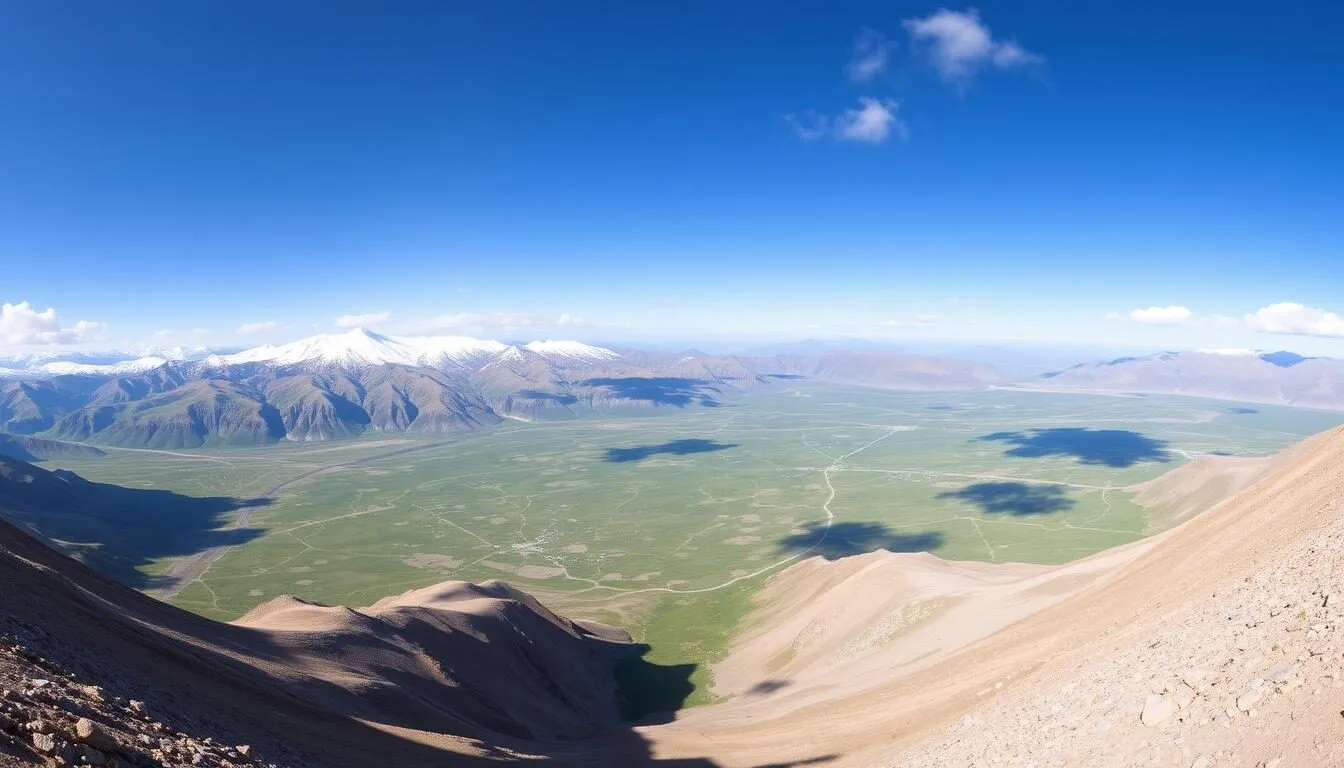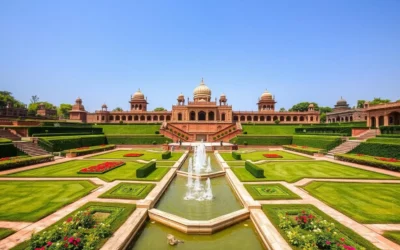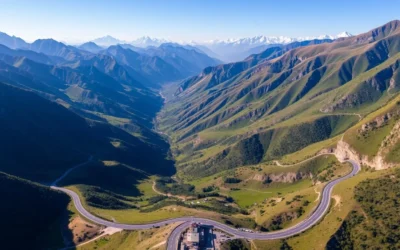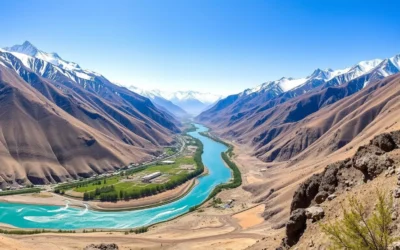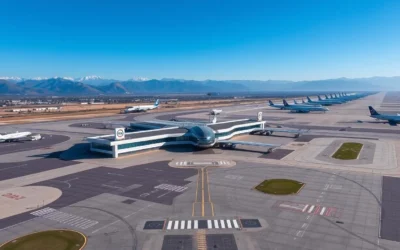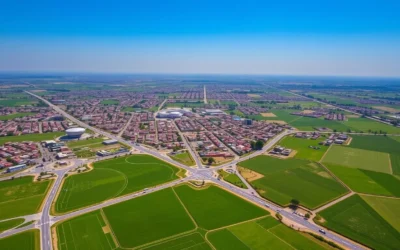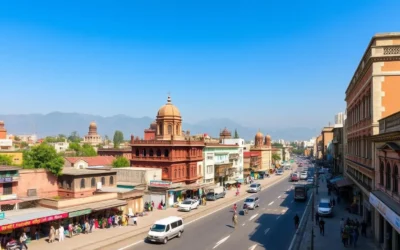✓ Accommodations✓ Flights✓ Rental Cars
At 12,200 feet above sea level, Shandur Pass hosts the world’s highest-altitude polo tournament on a field locals call the “Roof of the World.” This flat plateau between Chitral and Gilgit-Baltistan isn’t just a geographic boundary—it’s where centuries-old traditions meet breathtaking Himalayan landscapes in one of Pakistan’s most spectacular yet least-visited destinations.
When to Visit Shandur Pass
Shandur Pass is accessible from late April through early November, with summer (June-August) offering the most pleasant weather. The pass is completely snowed in during winter months, making travel impossible from December through March.
Summer (June-August)
The ideal time to visit with daytime temperatures around 14°C (57°F). The annual Shandur Polo Festival takes place in early July (typically 7th-9th), drawing visitors from around the world. Summer offers lush green meadows and wildflowers in bloom.
Spring/Autumn (April-May/Sept-Nov)
These shoulder seasons offer fewer crowds but more unpredictable weather. Spring brings melting snow and flowing streams, while autumn showcases golden poplar trees. Temperatures can drop significantly at night, so pack warm layers.
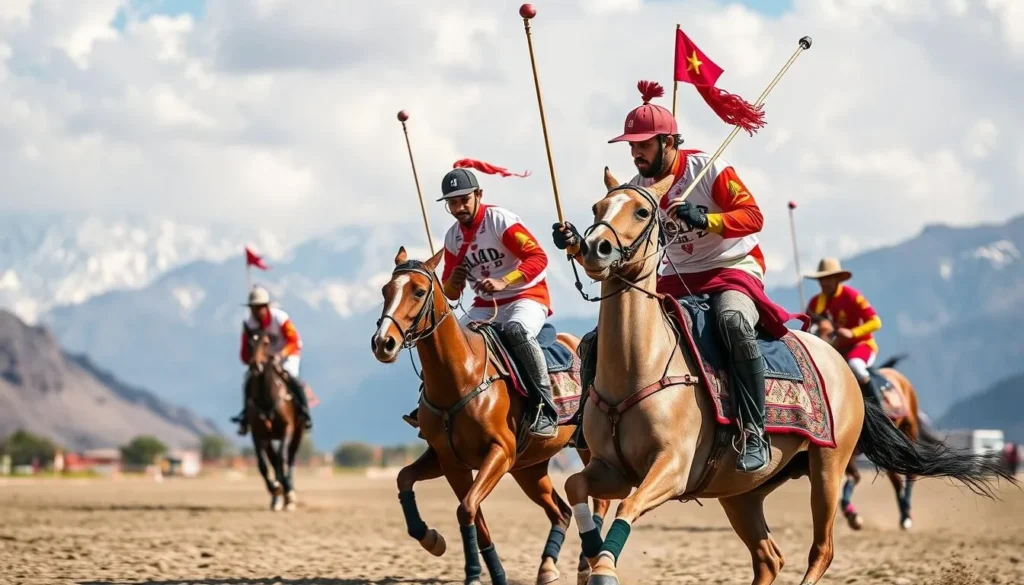
Plan Your Visit to Shandur Pass
Ready to experience the world’s highest polo tournament? Book your flights now to secure the best rates for the July festival season.
Getting to Shandur Pass
Reaching this remote mountain pass requires some planning, but the journey through Pakistan’s northern areas is part of the adventure. The pass connects Chitral District of Khyber Pakhtunkhwa province with Ghizer District of Gilgit-Baltistan.
By Air
The nearest airports are in Gilgit and Chitral. From Islamabad, you can take a 1-hour flight to either city. From there, you’ll need to arrange land transportation to Shandur Pass.
Distance from Gilgit: 169 km (105 miles)
Distance from Chitral: 153 km (95 miles)
By Road
From Islamabad, the journey takes approximately 15-18 hours of driving time, covering about 453 km. The route passes through Swat Valley if coming from the Chitral side, or through Karakoram Highway if approaching from Gilgit.
A 4×4 vehicle is highly recommended as road conditions can be challenging, especially after rain or snowmelt.
Local Transport
Public transport options are limited. Jeeps and minivans run from Gilgit and Chitral to nearby towns, but for the final stretch to Shandur, you’ll likely need to hire a private vehicle or join a tour group.
During the polo festival, special transportation services are often arranged from major cities.
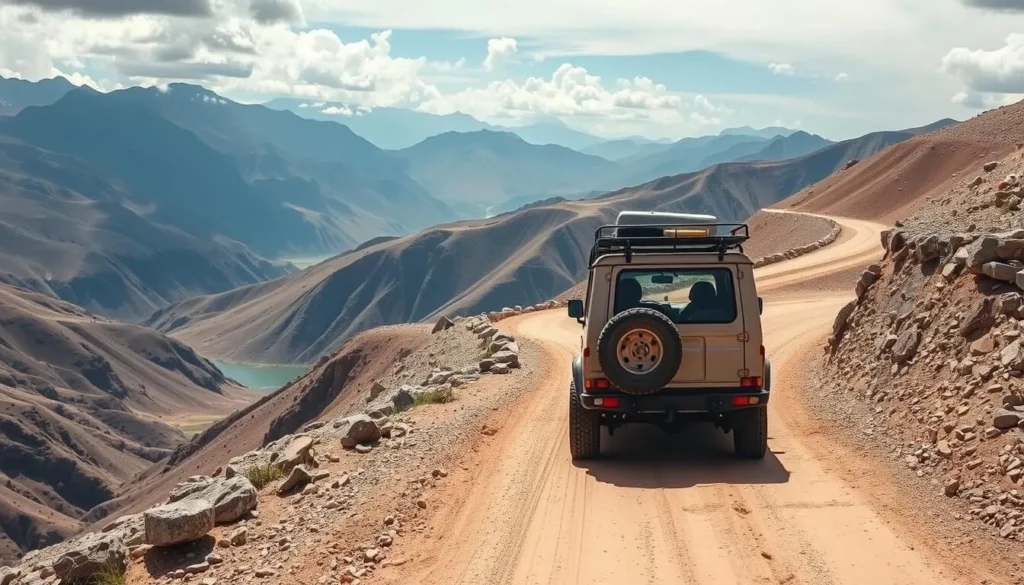
Need Transportation?
Explore Shandur Pass at your own pace. Rent a 4×4 vehicle to navigate the mountain roads safely.
Top Attractions at Shandur Pass
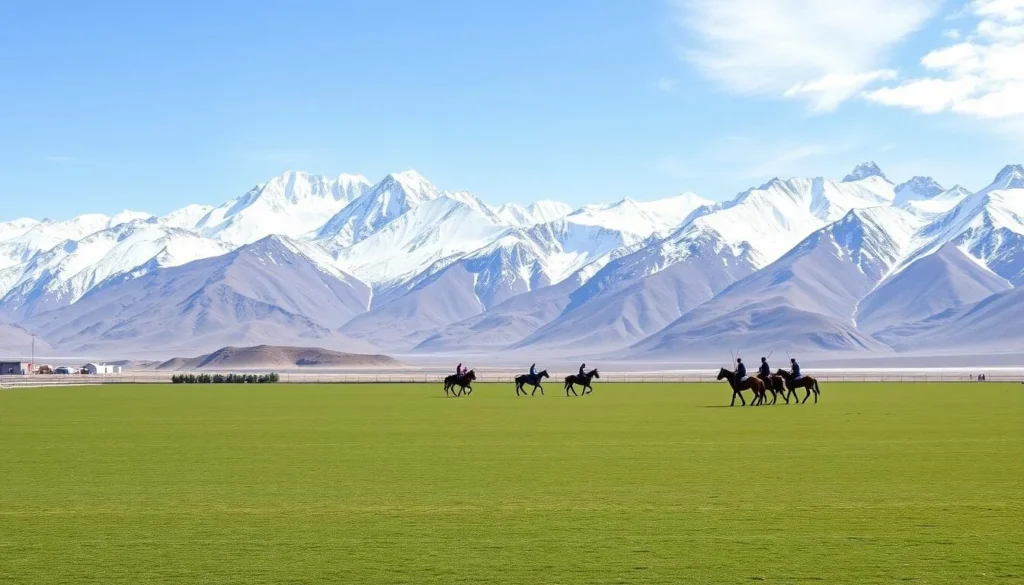
Shandur Polo Festival
The highlight of any visit to Shandur Pass is the annual polo tournament held every July (7th-9th). This three-day festival features intense matches between teams from Chitral and Gilgit-Baltistan, played according to ancient freestyle rules that differ from modern polo.
The festival atmosphere includes traditional music, dance performances, and local handicraft stalls. Camping facilities are set up specifically for visitors during this time.
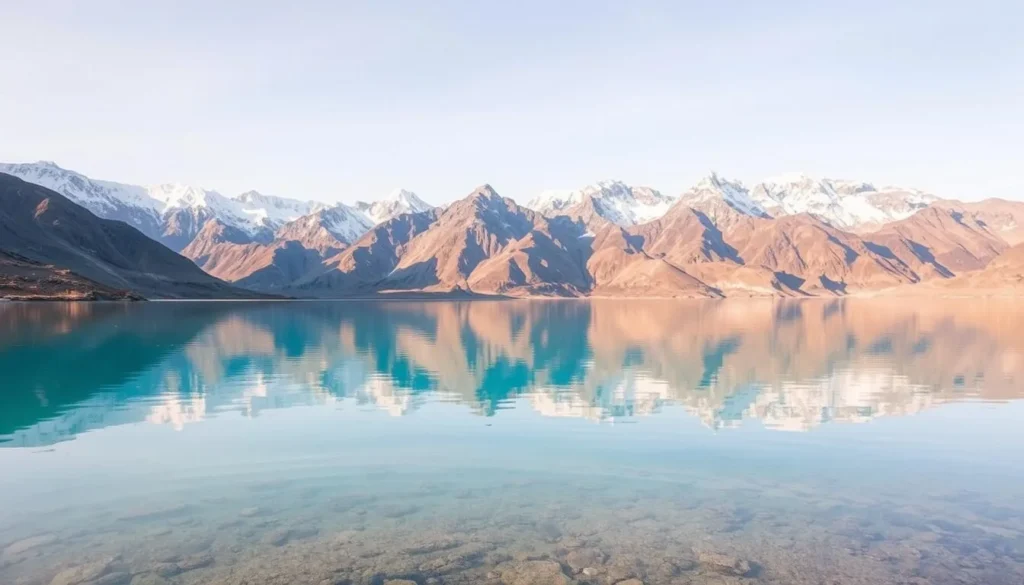
Shandur Lake
This pristine alpine lake sits adjacent to the polo ground and offers spectacular reflections of the surrounding mountains. During summer, the lake’s turquoise waters contrast beautifully with the green meadows.
In winter, the lake freezes over completely. Photographers will find endless opportunities for stunning shots, especially during sunrise and sunset when the light plays across the water’s surface.
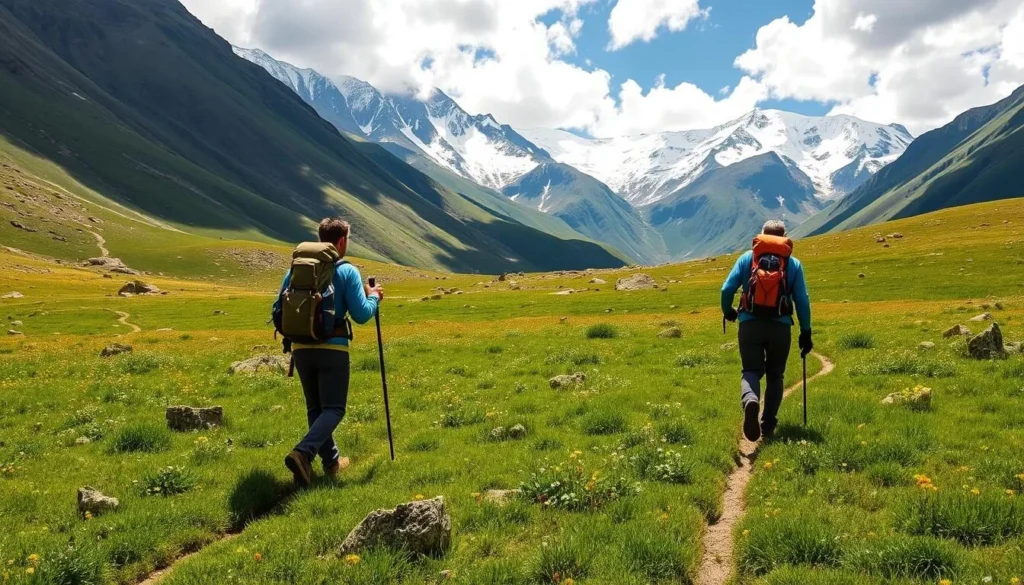
Trekking & Hiking
The surrounding mountains offer excellent trekking opportunities for all skill levels. Short day hikes from the pass provide panoramic views of the Hindu Kush and Karakoram ranges.
For experienced trekkers, multi-day routes connect to nearby valleys. Local guides can be arranged in Chitral or Gilgit before your arrival.
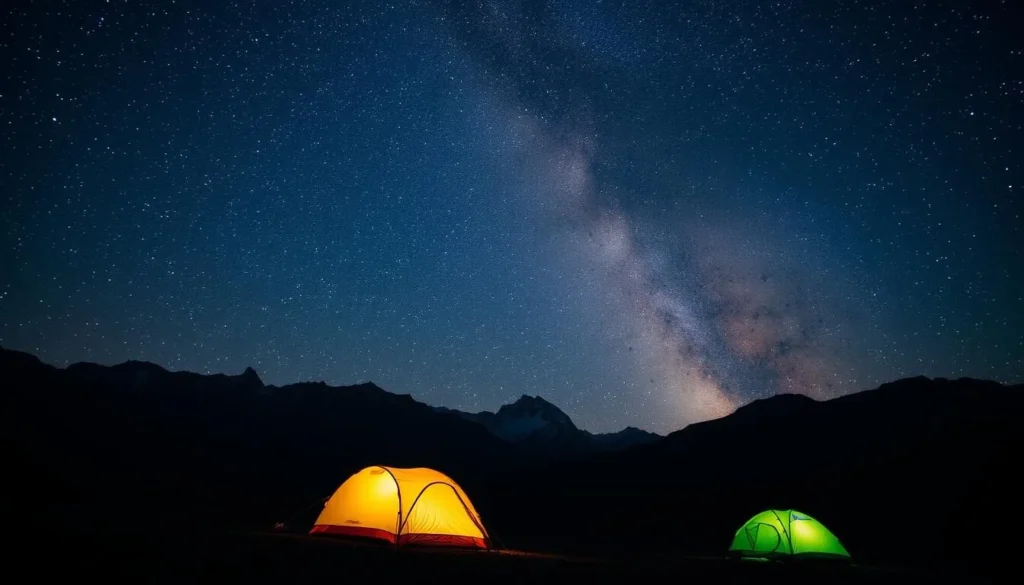
Camping
The flat terrain of Shandur Pass makes it ideal for camping. Pitch your tent beside the lake for an unforgettable night under the stars. The Milky Way is clearly visible on clear nights due to minimal light pollution.
During the polo festival, a tent village is established with basic facilities. At other times, you’ll need to bring all camping supplies.
Where to Stay
Accommodation options at Shandur Pass itself are limited, but there are several choices in nearby towns and villages.
At Shandur Pass
- Camping is the only option directly at the pass
- Temporary tent village during the polo festival (July)
- Basic facilities including toilets and food stalls during festival
- Bring your own camping gear at other times
Nearby Towns
- Phandar (Gilgit side): Small guesthouses and PTDC motel
- Laspur (Chitral side): Basic homestays and guesthouses
- Mastuj: Several mid-range hotels and guesthouses
- Approximately 2-3 hours drive from the pass
Major Cities
- Chitral: Full range of hotels from budget to luxury
- Gilgit: Multiple accommodation options including PTDC motel
- Both cities are 4-5 hours drive from Shandur Pass
- Recommended for comfort and amenities
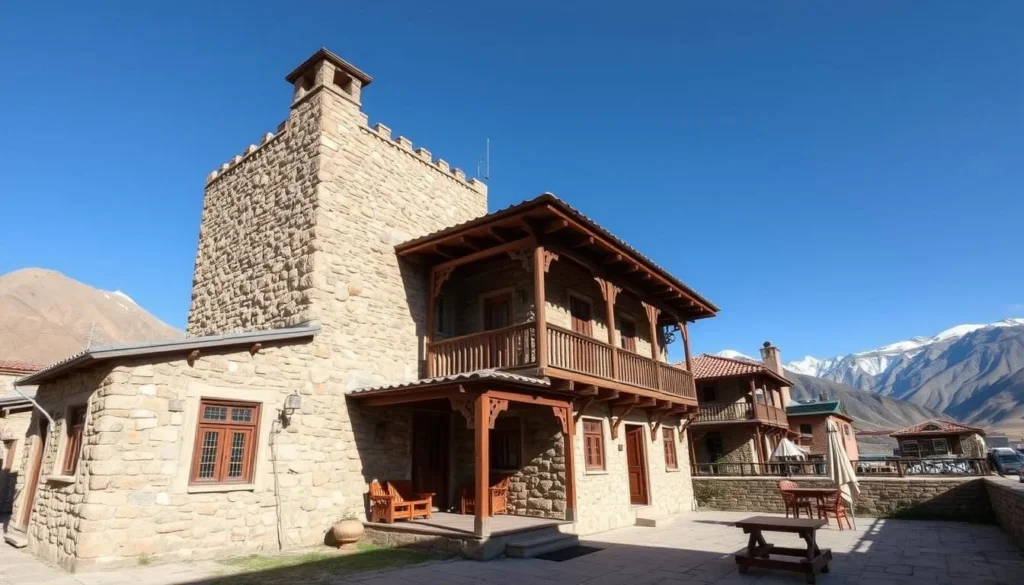
Find Your Perfect Stay
From comfortable hotels in Chitral and Gilgit to authentic guesthouses in mountain villages, book your accommodation early, especially during festival season.
Practical Tips for Visitors
Weather & Packing
Even in summer, temperatures at Shandur Pass can drop below freezing at night. Pack layers, including a warm jacket, hat, and gloves. Daytime temperatures in July-August typically range from 10-18°C (50-65°F).
Sunscreen is essential as UV exposure is intense at high altitudes. Bring a good quality sleeping bag rated for at least 0°C (32°F) if camping.
Health & Safety
Altitude sickness can affect visitors unaccustomed to heights of 12,000+ feet. Spend a day or two in Gilgit or Chitral to acclimatize before heading to the pass.
Bring a basic first aid kit, any necessary medications, and plenty of water. Medical facilities are extremely limited in the area.
Communication & Connectivity
Mobile coverage is spotty at Shandur Pass itself, though some Pakistani networks may work intermittently. Download offline maps before your journey.
Internet access is available in Chitral and Gilgit but don’t expect connectivity at the pass except possibly during the polo festival.
Money & Supplies
There are no ATMs or banking facilities at Shandur Pass. Bring sufficient cash (Pakistani Rupees) from Chitral or Gilgit.
Stock up on food, water, and fuel before heading to the pass. During the polo festival, food stalls are available, but at other times, you’ll need to be self-sufficient.
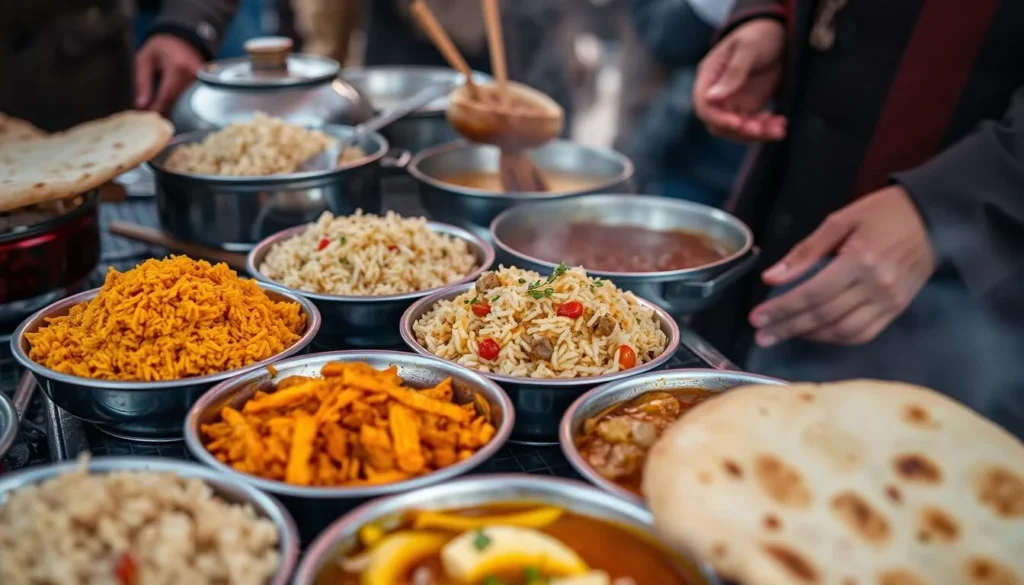
Local Culture & Etiquette
The areas surrounding Shandur Pass are home to diverse cultural groups with distinct traditions, languages, and customs. Understanding and respecting local culture will enrich your experience.
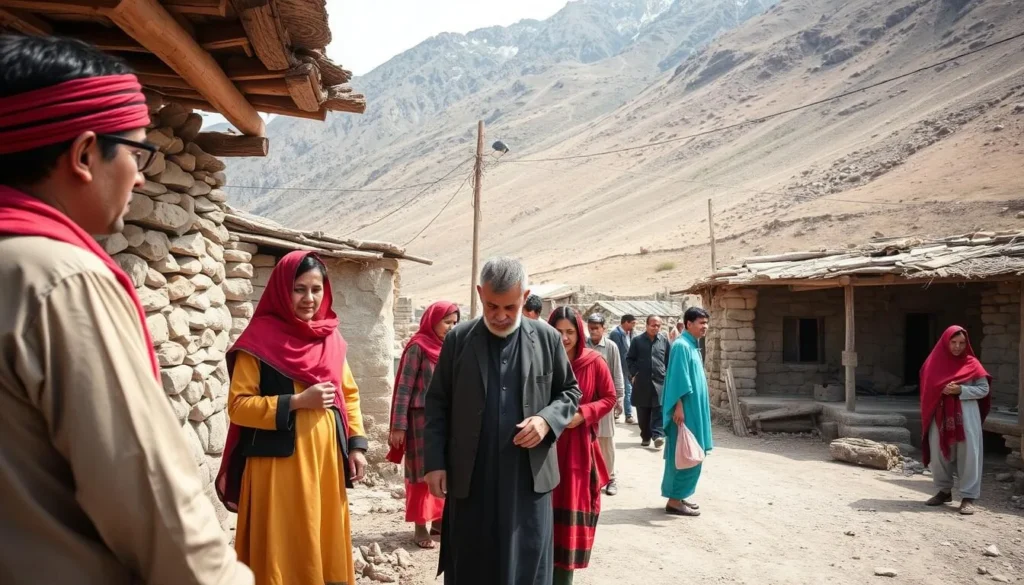
Cultural Considerations
- Dress modestly, especially when visiting villages. Both men and women should cover shoulders and knees.
- Ask permission before photographing local people. Many are happy to be photographed but appreciate being asked.
- Remove shoes when entering homes or mosques.
- Greet people with “Assalamu alaikum” (peace be upon you).
Local Traditions
- Polo has been played in this region for centuries and holds deep cultural significance.
- Traditional music, particularly the sound of the surnai (oboe-like instrument) and drums, accompanies polo matches.
- Hospitality is paramount—you may be invited for tea or meals by locals.
- Each valley has its own distinct cultural traditions and sometimes language.
Nearby Attractions
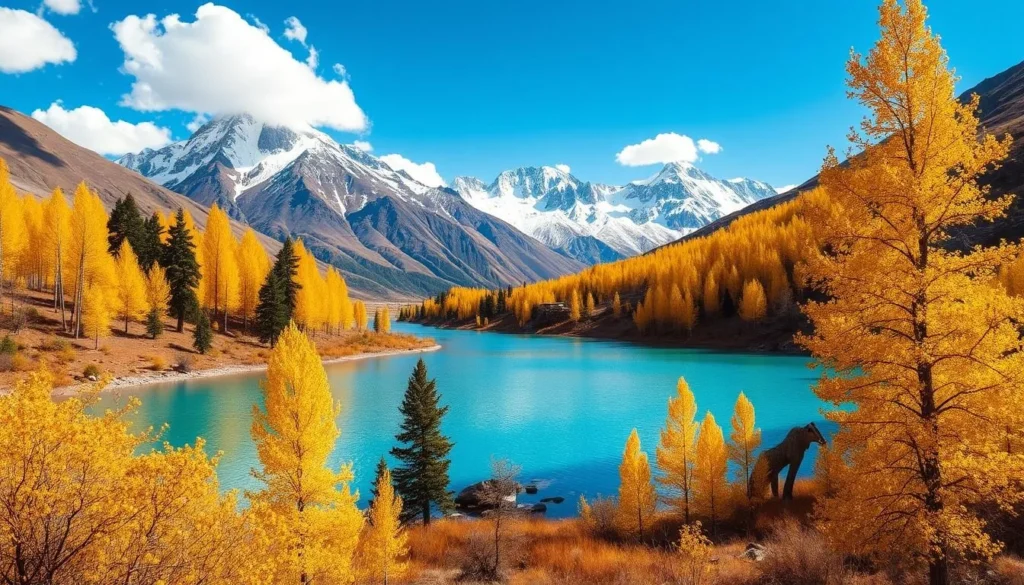
Phander Valley
Just a few hours from Shandur on the Gilgit side, Phander Valley is known for its turquoise lake and golden poplar trees. The valley offers excellent fishing opportunities and peaceful village stays.
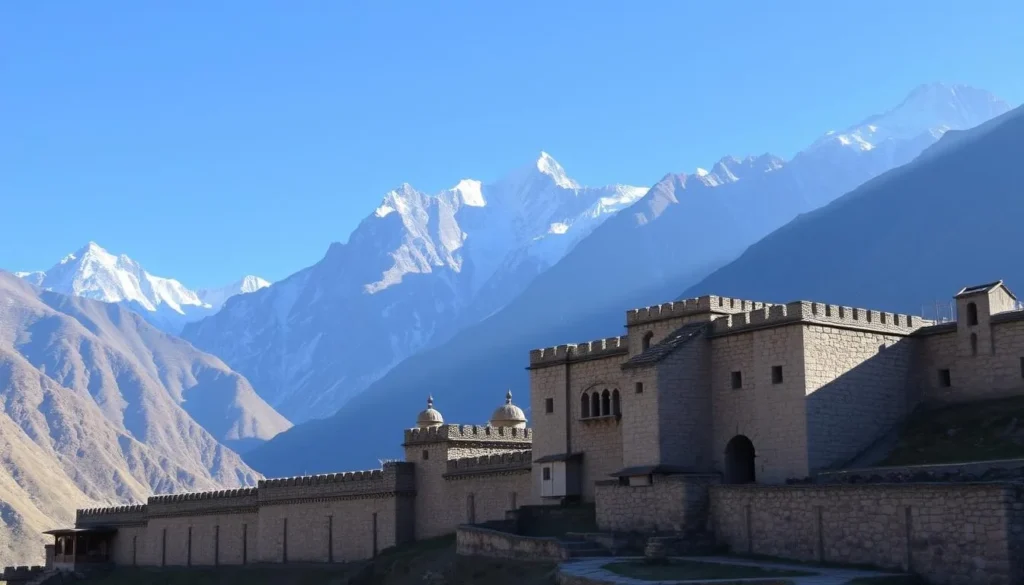
Chitral Fort
This historic fort in Chitral town dates back to the 14th century and was the seat of the Mehtar (ruler) of Chitral. The fort offers insights into the region’s rich history and strategic importance.
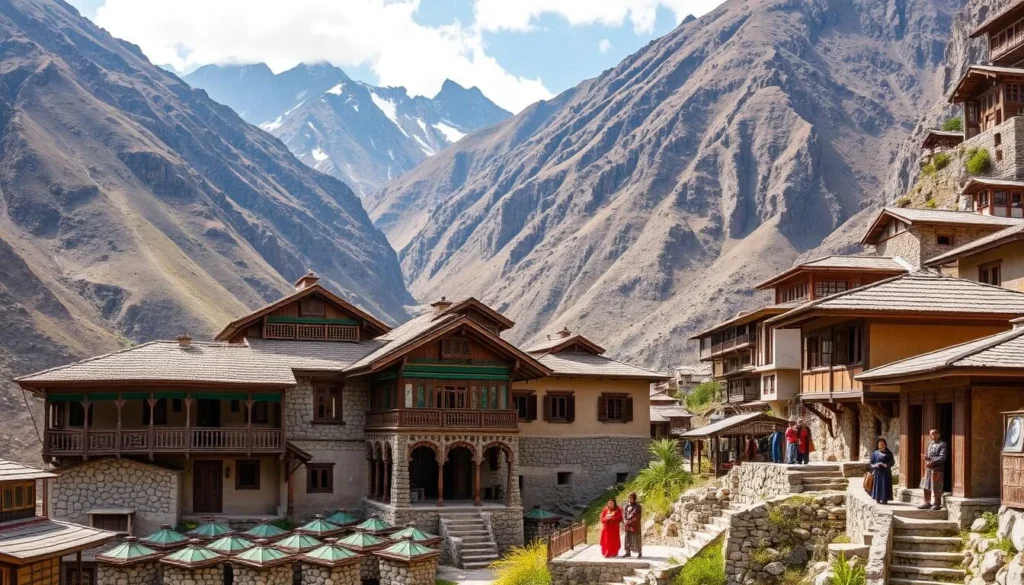
Kalash Valleys
Home to the ancient Kalash culture with their unique traditions, colorful festivals, and distinctive dress. The three valleys of Bumburet, Rumbur, and Birir are accessible from Chitral and offer a glimpse into a culture unlike any other in Pakistan.
Experience the Roof of the World
Shandur Pass isn’t just a destination—it’s a journey into Pakistan’s soul, where ancient traditions meet breathtaking landscapes. Whether you come for the adrenaline of the polo festival, the serenity of mountain lakes, or the warmth of local hospitality, this “Roof of the World” promises experiences that will stay with you long after you descend from its lofty heights.
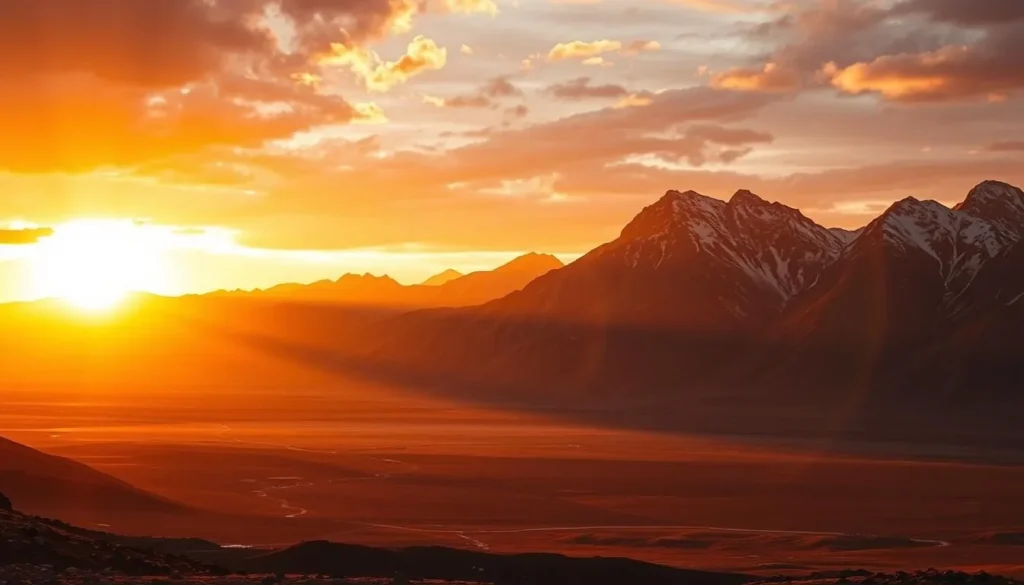
Ready for Your Shandur Adventure?
Start planning your journey to one of Pakistan’s most spectacular mountain destinations. The roof of the world awaits!
—
The above is subject to change.
Check back often to TRAVEL.COM for the latest travel tips and deals.
